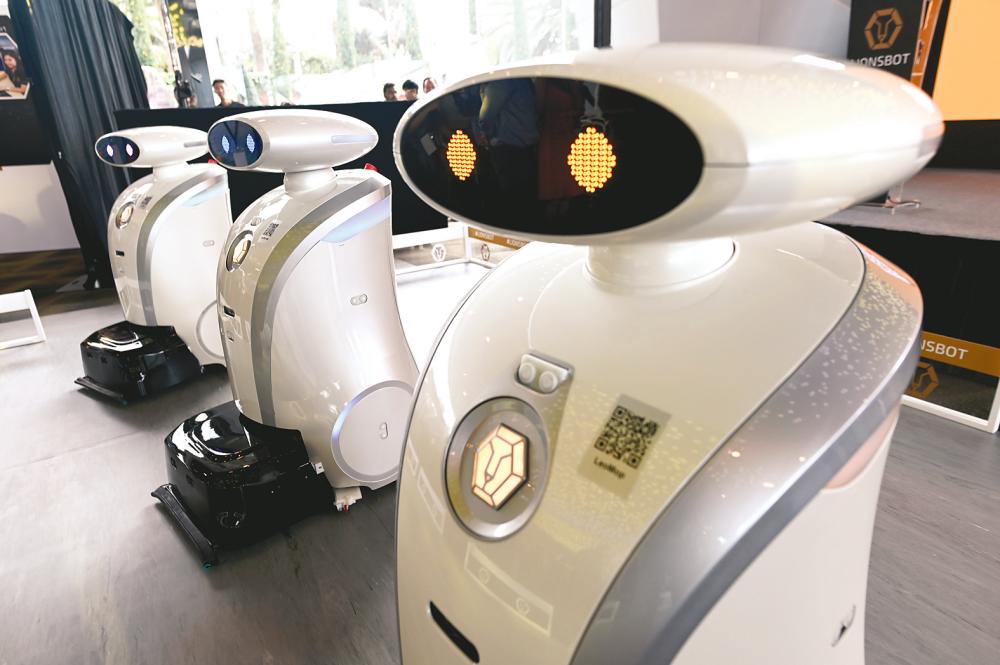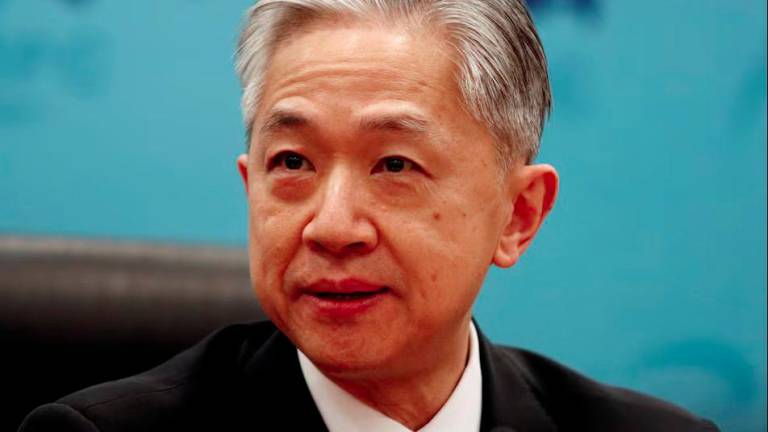5G has been the talk of the town recently and it would be useful to understand what it involves and what it might mean for civilisation. As smartphone users, we should be concerned, because it’s quite likely 5G will be within reach in the near future. There is increasing excitement about what it will make possible. However, there are also grave concerns about how it will impact our collective health, the environment and cybersecurity. Will it be revolutionary, or a planetary catastrophe?
5G is the fifth generation of mobile networking service and is being introduced commercially on a large scale by all major mobile phone operators. 5G offers high-speed, almost instantaneous (“super-low latency”) communication up to 1,000 times faster than 4G. This is achieved by using higher frequencies in the electromagnetic (radio frequency) spectrum to communicate, and by increasing what is called bandwidth efficiency, meaning more users can be connected with more connection points in a limited geographic area.
So, one might ask, “Why do we need 5G? We can already do so many amazing things with 4G.”
The new, faster standard will make possible what is frequently called the Internet of Things, the wireless connection of everyday items to allow data on them to be collected, analysed, and manipulated. These items could be anything, including mundane household appliances, watches and clocks, water mains, robots, hospital devices, and even the computers and machines used by businesses and emergency services. All these could be networked together, accessed, and monitored online. 5G will enable self-driving cars to communicate with each other and with traffic monitoring systems; potentially preventing accidents. There is a world of possibilities and potential just waiting for the mind of man to explore.
The big focus of 5G enthusiasm is about the vast increase in computing capabilities that will result from massive improvements in communication and extraordinary amounts of data transfer. Experts believe these developments may have the potential to generate a new Industrial Revolution, producing jobs and boosting national economies.
Wider rollout of 5G, however, is going to take significant investment and time before it reaches our neighbourhoods.
Some argue that insufficient independent safety tests have been carried out on 5G technologies to determine their impact on human health or the environment and that more needs to be done.
Others stress the cybersecurity risk posed by 5G mobile networks and infrastructure. According to Time magazine, the fear is that once everything like factories, power plants, hospitals, airports, and more is connected by 5G, a sustained cyber-attack would cause societal collapse.
What can we learn from all this at a spiritual level? If the aspirations for 5G can be realised, the world is about to be engulfed by a radically different electromagnetic environment of our own making. The airwaves will be saturated with it; it will blanket us, impacting us in unknown and unanticipated ways, ways quite possibly injurious to our health. We will not see or hear it, but we will know it is there.
R. Murali Rajaratenam is a senior lecturer at the Faculty of University Foundation Studies, HELP Matriculation Centre.













